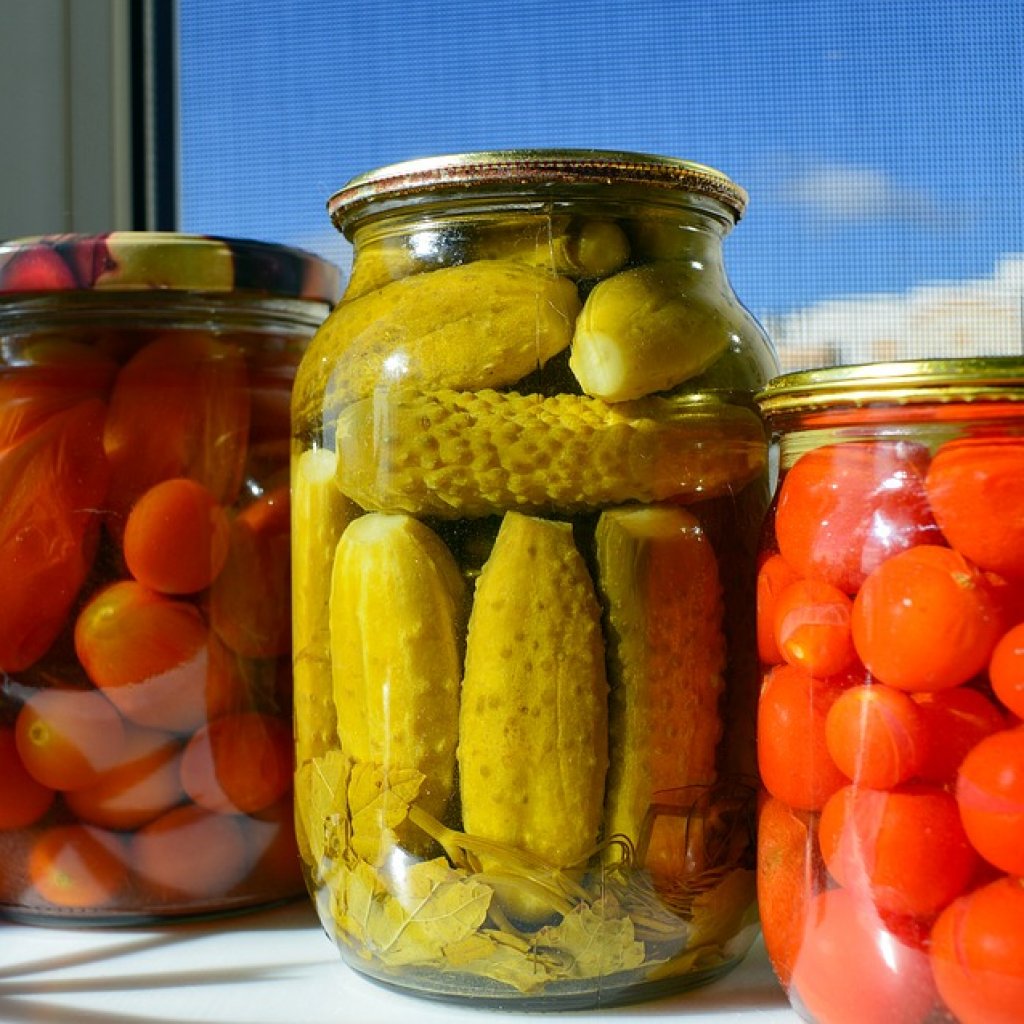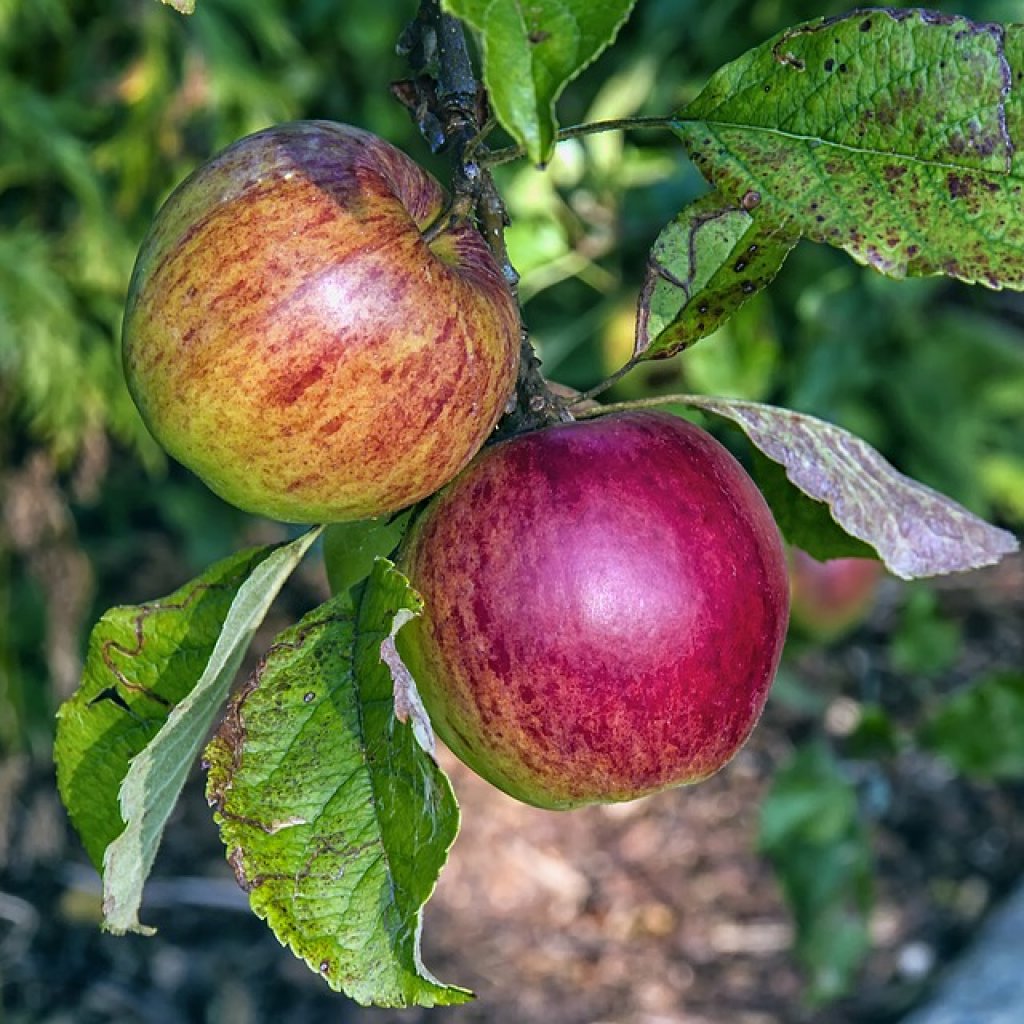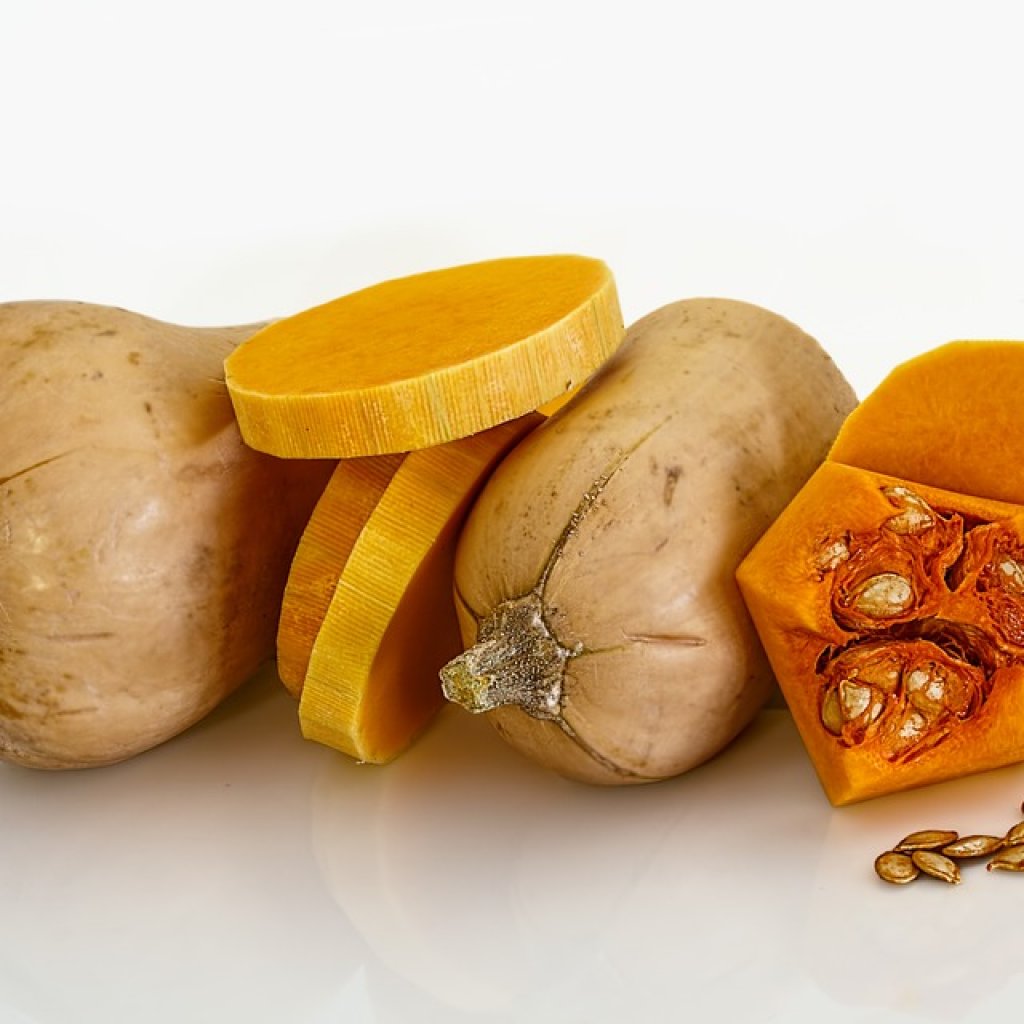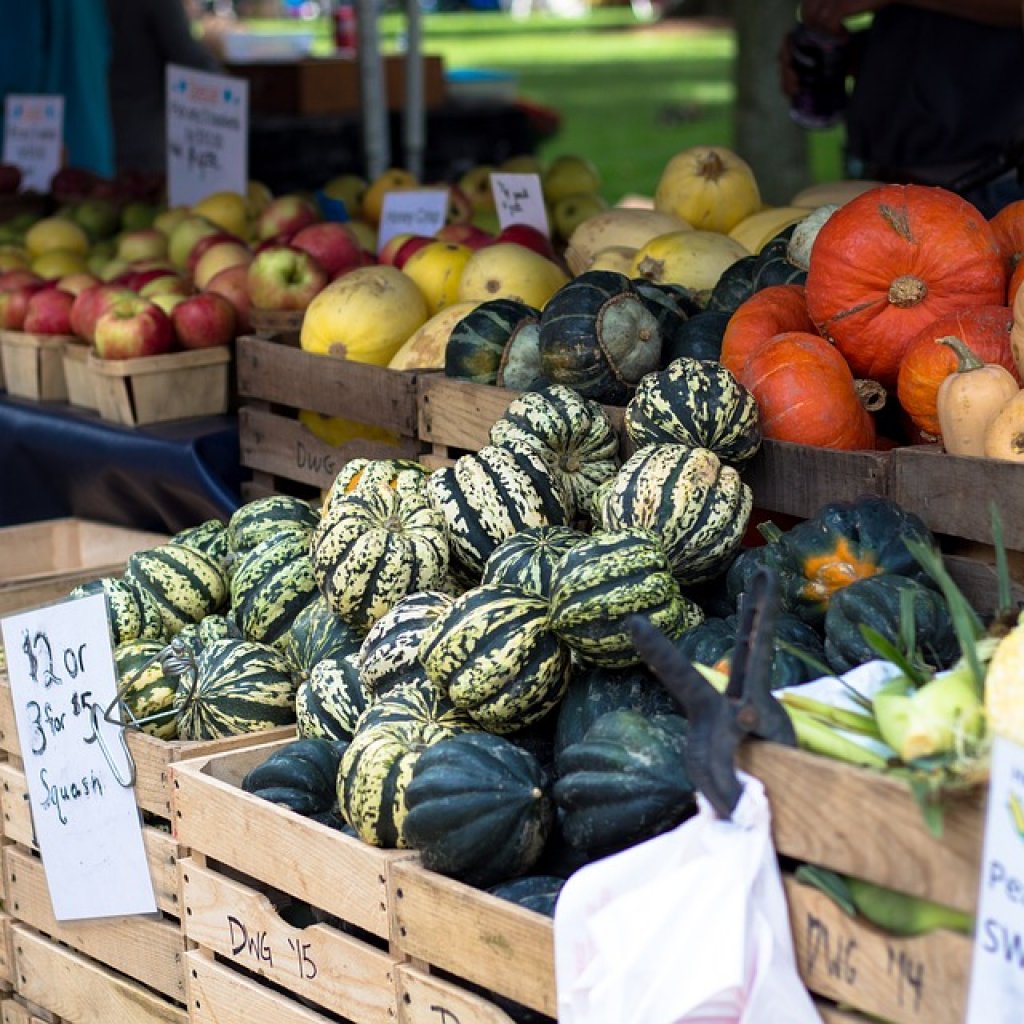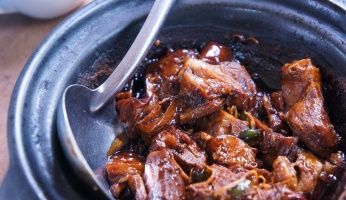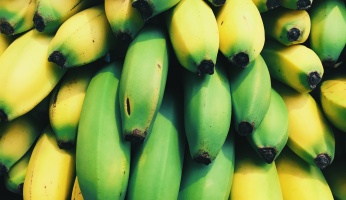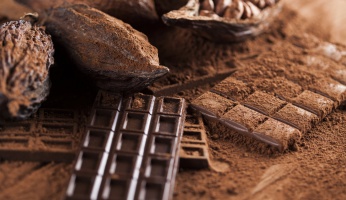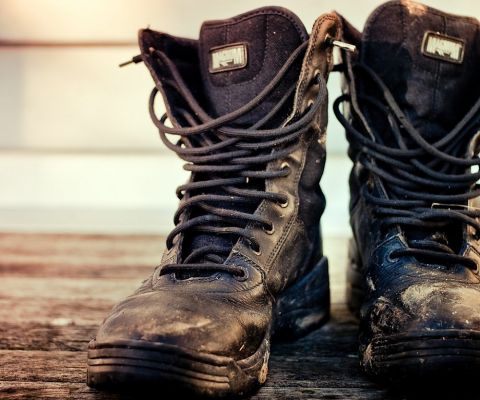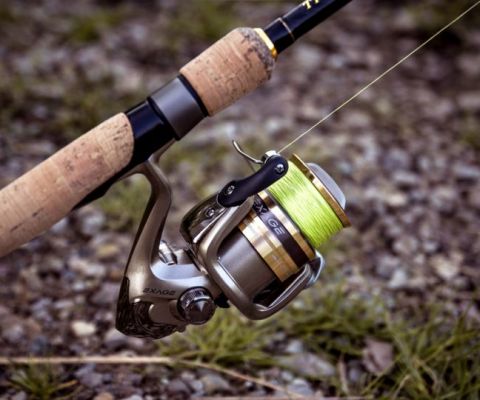Survival Skills: How to Pickle
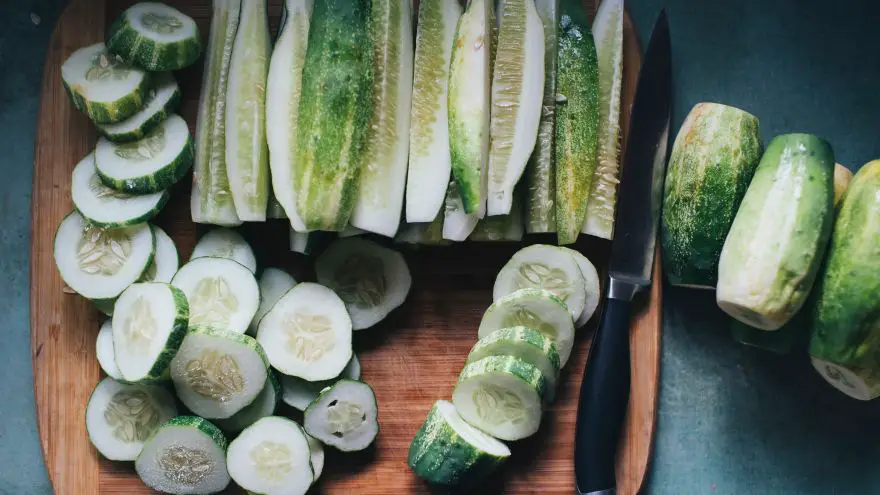 Survival Skills: How to Pickle
thegearhunt.com
Survival Skills: How to Pickle
thegearhunt.com
When most of us think of pickling, our minds automatically go to sour pickles that come out of a jar and are bought in the condiment aisle of our local grocery store. When it comes to being a prepper, however, you realize that pickles and pickling can be a whole lot more. Most of us remember the days of our grandparents canning, jerking, pickling, and jarring the remaining harvest at summer’s end, but did you know that pickling can help you feed your family if times get hard or the world goes dark, and there are no grocery stores to buy food from, much less anything left on the shelves to buy.
Believe it or not, there are quite a few foods out there that can be pickled that you probably have never thought about. You can pickle much more than cucumbers, hard to believe, isn’t it? Well, for centuries, the world depended on pickling to keep foods preserved and stored and it might just be coming to that again, in the coming years.
It’s all but a trend these days, to become a prepper and prepare for the end of days, however, those days may come. The fact is that you can pickle just about any fruit or vegetable to create briny snacks, flavorful garnishes, and colorful relishes.
Of course, that is not all you need to be a prepper and survive anything that comes your way, no matter what form the apocalypse takes. So in this blog, we will discuss the different foods that you can pickle, how to do a little pickling, and then move into a few of the top things you should do and avoid if you have decided to become a prepper and make arrangements for the inevitable.
With that in mind, without further ado, join us as we wander into the world of the prepper and how to pickle your survival foods as well.
Top Foods that Pickle Well
Before you can grab your jars, gather your produce, and start pickling, it’s a good idea to know which foods pickle well. We will tell you about a few of those foods now.
Pickled Fruits
Watermelon rinds: Watermelon rinds you might say. Who wants to eat a watermelon rind? Well, hear me out and you’ll see. Pickled leftover watermelon rinds can be served as a sweet, yet savory, condiment to pair with your favorite pork chop dish for a meal to die for.
Pears: Pickled pears have a tangy flavor that can be eaten alone as a healthy snack or tossed into an arugula salad for a noonday meal instead.
Figs: Have you ever felt that something was missing from that grilled chicken or steak you’ve just pulled off the grill? You have a salad. You have the baked beans. Maybe what you’re missing are pickled figs. They go great with any type of grilled meat. Make sure you give them a try next time you’re grilling.
Grapes: Grapes can be pickled as well. Serve them with your next dessert to spice up the dish.
Other Fruits that Pickle Well
- Mango
- Lemons
- Pineapple
- Pumpkin shells
- Apples
Veggies that Pickle Well
While fruits are great pickled and paired with other parts of a meal, veggies are as well and taste just as well. Read on below for a few of the top veggies that deserve to be pickled.
- Cucumber
- Green beans
- Tri-colored peppers
- Beets
- Cauliflower
- Wild Leeks
- Green chili peppers
- Eggplant chunks
- Celery sticks
- Okra
- Brussel sprouts
- Corn
Why Should I Pickle?
There are quite a few reasons you should pickle, whether you’re a prepper or not. We will go into a few of the reasons below.
Pickling is one of the oldest forms of food preservation out there, and people have been doing it for centuries. It works so well because the bath of vinegar or salt brine you sink the food down into preserves it and keeps it from spoiling, which is when bacteria take over the food, making it unsafe to eat and nasty to boot. Since it’s also one of the most cost-effective ways out there to preserve food, you pretty much have your answer as to why you should give pickling a try.
The choice of whether you use a vinegar bath or a salt brine bath to pickle your foods is entirely up to you as well. Do your research on each and choose the method that works best for your needs.
Foods That Are Unusual to Pickle, But That You Should Try
If you’re looking for dishes to pair with your salad and cheese plates for your prepper party, then look up the recipes to the dishes below.
- Curried pickled eggs
- Quick pickled apples
- Spiced pickled pumpkin
- Easy fridge pickled peaches
- Spiced quick pickled grapes
- Salt and vinegar lemons
- Quick pickled spiced cranberries
There are also fresh wild veggies that you can pickle, but they are only available in the wild for a short of amount of time during their season. A salty brine is a perfect way to have those wild veggies you love year-round.
Pickling Basics to Follow
The first thing you have to do when it comes to learning to pickle is to follow the basic rules. You need to make sure that you pick the right foods for pickling, the right herbs, and spices to add and make sure the fruits and veggies you use are in season. Below, we will go through some of the pickling basics together.
Help Pickling Your Seasonal Veggies to Pickle
Here are some prime veggies and their seasons to get you started.
Spring
- Asparagus
- Beets
- Celery
- Cabbage
Summer
- Cucumbers
- Peppers
- Summer squash
Fall
- Brussel sprouts
- Cabbage
- Winter squash
- Cauliflower
- Turnips
Winter
- Some Beets
- Cabbage
- Carrots
- Some Cauliflower
- Fresh Onions
- Winter squash
Spices that Pair well with Pickled Veggies
Now that you have the perfect veggies for pickling and they are in season, you want just the right spices and herbs to set them off during pickling. There are some fine suggestions below if you choose to use them.
Clove
Clove will give your pickled veggies a warm, spicy aroma that will waft up to your nose and make you hungry.
Fresh Dill
Fresh dill will provide you a warm grassy note for your dishes.
Coriander Seed
Coriander seed gives the veggies a nutty flavor with just a hint of citrus.
Peppercorns
Peppercorns can be added to your pickled veggies to give them a mild but subtle spiciness.
Mustard Seeds or Ground Mustard
Use either mustard seeds or a pinch of ground mustard to give the veggies a sharp twang.
Herbs to Use
- Dill
- Oregano
- Thyme
- Rosemary
- Dried or fresh will work
More Pickling Tips to Learn From
There are a few additional pickling tips that you will want to keep in mind. They are listed below as well.
- Never use supermarket produce for pickling. Get the veggies fresh out of the field if at all possible.
- Always wash and clean your produce completely to keep dirt and germs from contaminating your final product.
- Measure and weigh your produce carefully to ensure the best final results.
- Never overpack your jars, as this could result in the brine not being able to move around the fruit and veggies properly, leaving you with a product that is much less than perfect.
- Don’t forget to enjoy the fruits of your labor!
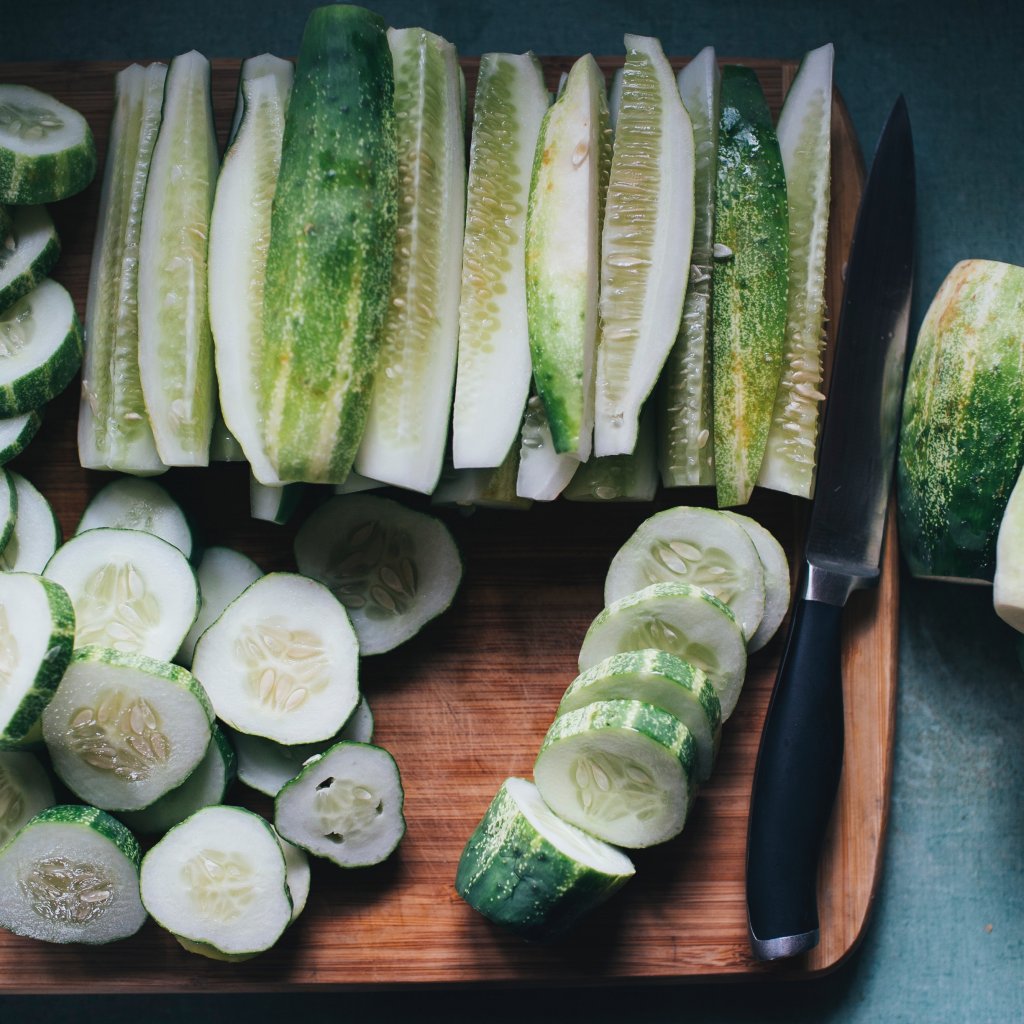
This is about all we have on how to pickle, the foods you need to pick, and the tips you need to follow. Now, we will move into the part of our blog that we’re going to devote to becoming a survivalist. Read on below for some mistakes that you want to avoid as a prepper.
Tips On What to Avoid as a Prepper
As we’ve covered in previous blogs, being prepared is something that everyone in the world should strive for. Not because the zombies are going to attack at any moment, destroying life as we know it in one fell swoop, though it is a possibility, but because you just never know what’s going to happen.
Even those who are preparing tend to make costly mistakes. In this section of our blog, we are going to devote ourselves to talking about the mistakes many preppers make, so that you can avoid them from the get-go in your quest to get ready for anything that might come your way.
Having a False Sense of Security
Having a false sense of security is the downfall of many preppers I know. You may think that you are secure in your home, that you have a fool-proof escape plan, that you have enough weapons to protect you and your family, or that you have enough food to last a while, but do you?
That would be according to how long the emergency goes on. The point here is that you should always be prepping. Always putting back supplies, always gathering more weapons and survival items. And, you should, never ever fall under the assumption that you have plenty of food. So, even when you feel like you have enough of everything, make sure to keep dehydrating, pickling, and whatever else it takes to keep your family fed in an emergency situation. False security can only lead to you being unprepared in the end, though you tried so hard to be.
Not having a Network
Okay, so this one might be more than a little difficult for many of us, myself included. It’s not like us preppers have that great of a reputation for being sane among the “normal” population. However, you really need to get out there and find a network. I’m not saying to get out there and shout from the rooftops of your neighborhood that you are a prepper, but it can’t hurt to put out some feelers. You would be surprised at how many people in your neighborhood are preppers just like you and will be glad to be in a network of preppers just like them.
A Lack of Education and Skills
Just because you have everything to help you survive a survival situation doesn’t mean that you know how to use what you have. It’s best to start studying now and practicing how to use the survival items in your possession wouldn’t you think? You need to know how to not only survive but how to read a situation and how to read people. Research and bone up on everything you can retain and print out other stuff to study later. Remember, knowledge is power and that’s what you’re going to need when the world goes dark and you are all your families got.
Storing All of Your Prep Items in One Place
While it’s nice to have all of your prep items right where you can toddle down the stairs and see them, it’s not a really smart move if you think about it. What if a flood or fire happens at your home? Chances are, you’re going to lose everything you have worked so hard to prep and organize. If you have everything in different locations, at least you’ll have something left to start rebuilding it all from once again.
Stockpiling All the Wrong Items
Store what you eat and eat what you store. Words every prepper should live by. Yes, it’s a good idea to have pickled foods or spam in the cabinet, but if your family doesn’t like any of these things, then a survival situation is not the time to try and force it on them. It’s better to store what you eat and make sure that everyone eats what you store, it’s just safer that way.
This concludes our blog on how to pickle and other things we really think you should know about being a prepper. Until next time, stay safe and keep prepping everyone!
Sources:
- Survivalist Prepper: Top 10 Mistakes Made by Preppers
- Apartment Prepper: 7 Unusual Foods You Can Pickle (And Why You Should)
- Good Housekeeping: 20 Surprising Things You Can Pickle





